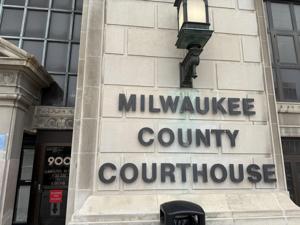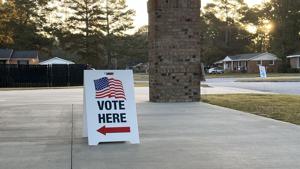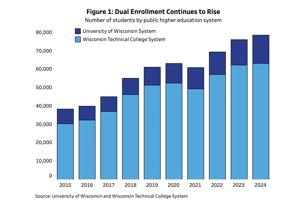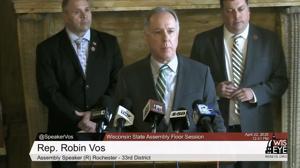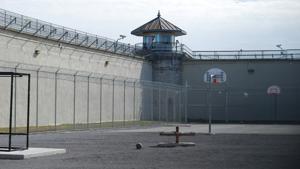(The Center Square) – Legislation to prevent suspended judges from collecting their salaries was introduced in the Wisconsin state Legislature on Thursday.
The bill comes in light of Milwaukee Judge Hannah Dugan’s suspension by the state Supreme Court after federal prosecutors said she helped an illegal immigrant sneak out of her courtroom to avoid ICE agents.
According to bill co-author Rep. Shae Sortwell, R-Gibson, Dugan is still receiving pay.
“The suspension of a judge is a very serious and rare action,” Sortwell said in a statement. “Judge Hannah Dugan was suspended by the the Wisconsin Supreme Court while her criminal proceedings are ongoing, however, she is still collecting her pay. The taxpayers will have to fund an extended vacation for her, while already paying for reserve judges filling in.”
Sortwell also cited Dane County Circuit Court Judge Ellen K. Berz, who was suspended by the state Supreme Court for seven days following a finding of judicial misconduct.
Berz had attempted to retrieve a hospitalized defendant by driving to the hospital herself to bring them to court.
According to the Wisconsin Judicial Commission, from 1978 to 2024, the state Supreme Court has only suspended 15 judges.
“We want to make sure the public has confidence in the courts of Wisconsin during pending criminal proceedings for judges,” bill co-author Sen. Cory Tomczyk, R-Mosinee, said in a statement. “This is important legislation to ensure that there are not unjust rewards for judges who are suspended.”
Circuit court judges, like Dugan and Berz, have annual salaries of up to $174,512, according to Legislative Reference Bureau.
A co-sponsorship memo from Sortwell and Tomczyk noted that Dugan’s court date extension, which could leave her trial pending until later this year or even next year, would allow her to continue receiving her salary indefinitely.
Dugan pleaded not guilty to the two federal charges she is facing. She could spend up to six years in prison if convicted.
